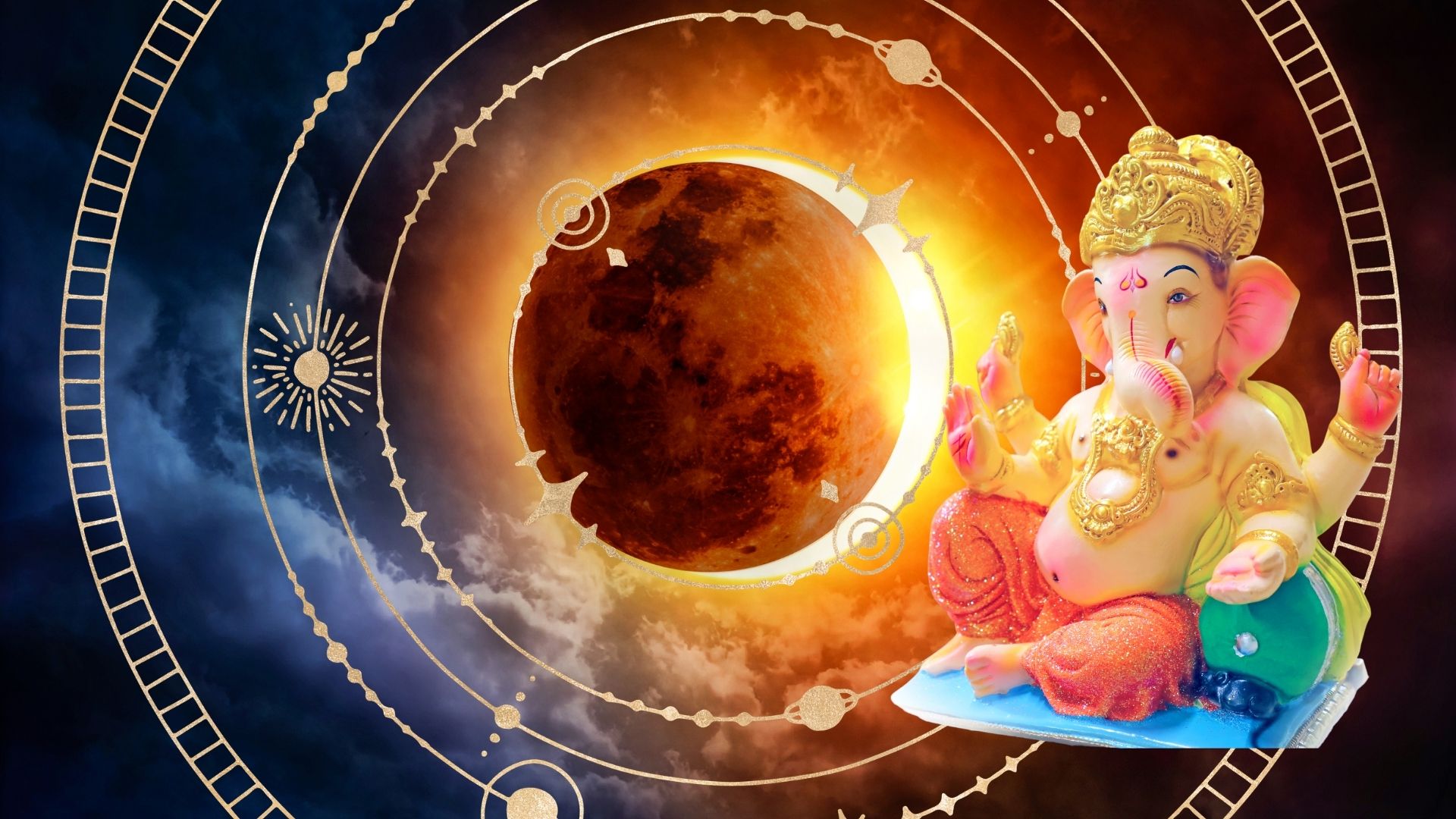Understanding Vedic Astrology Basics

Need Guidance On Your Problems?
Consult With The Best Online Astrologers
Vedic Astrology, often referred to as Jyotish, is an ancient system of astrology originating from the Indian subcontinent. Unlike Western astrology, which primarily focuses on the Sun's position at the time of birth, Vedic astrology delves deeper into an individual's karmic patterns and spiritual journey through a comprehensive analysis of planetary positions and their influences.
Foundations of Vedic Astrology
At its core, Vedic astrology is based on several foundational principles:
-
Lunar Zodiac: Vedic astrology uses the sidereal zodiac, which calculates planetary positions relative to the fixed stars. This contrasts with the tropical zodiac used in Western astrology, where positions are based on the Sun's relationship with the Earth's seasons.
-
Nakshatras: Central to Vedic astrology are the Nakshatras, or lunar mansions, which divide the zodiac into 27 segments based on the Moon's daily movement. Each Nakshatra carries its own symbolism and characteristics, influencing personal attributes and life events.
-
Planetary Influences: The positioning and movements of planets (Grahas) in relation to the zodiac signs and Nakshatras form the basis of predictions in Vedic astrology. Each planet signifies specific energies and aspects of life, influencing individual destinies based on their placements at birth and during key life events.
Practical Applications
Vedic astrology offers profound insights and practical applications in various aspects of life:
-
Personal Growth: By analyzing one's birth chart (Janam Kundli), Vedic astrologers provide insights into personality traits, strengths, weaknesses, and potential life challenges. This helps individuals navigate life's complexities with a deeper understanding of their innate tendencies and karmic influences.
-
Predictive Astrology: Vedic astrologers use techniques such as Dasha (planetary periods) and Gochara (transits) to predict significant life events and periods of opportunity or challenge. This predictive tools aid in planning for optimal timing in various endeavours, from career decisions to marriage and health.
-
Remedial Measures: Central to Vedic astrology is the concept of karma and its influence on present circumstances. Astrologers prescribe remedial measures (such as gemstone recommendations, rituals, or charitable acts) to mitigate negative influences and enhance positive planetary energies.
Cultural and Spiritual Significance
Beyond individual consultations, Vedic astrology holds cultural and spiritual significance:
-
Festivals and Rituals: Many Hindu festivals and rituals are scheduled based on auspicious astrological timings derived from Vedic principles. These timings are believed to enhance the efficacy of prayers, ceremonies, and important life events.
-
Astrological Guidance: Vedic astrology serves as a guiding light for individuals seeking clarity on spiritual evolution and life purpose. It emphasizes the interconnectedness of cosmic energies and the role of free will in shaping personal destiny.
Criticism and Modern Perspectives
While Vedic astrology continues to thrive and evolve, it also faces criticism from skeptics who question its empirical basis and predictive accuracy. Modern interpretations seek to integrate traditional wisdom with scientific inquiry, exploring correlations between planetary influences and human behaviour through empirical studies and statistical analysis.
Conclusion
Vedic astrology, with its profound philosophical underpinnings and practical applications, continues to fascinate and influence millions worldwide. Beyond mere fortune-telling, it offers a holistic framework for understanding the interconnectedness of cosmic energies and human existence, inviting individuals to explore their spiritual path and embrace the mysteries of life with enlightened awareness.



